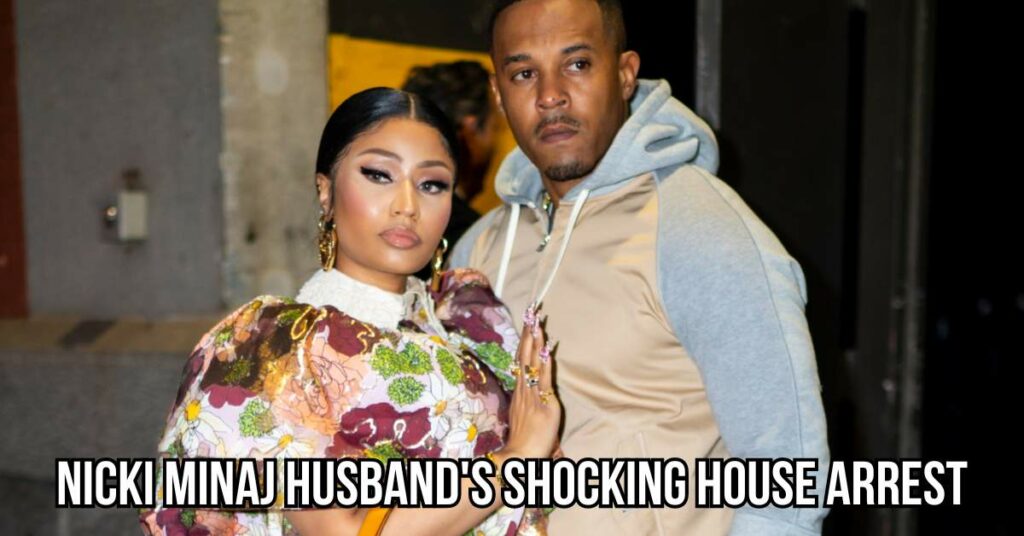Hundreds of thousands of Russians have attempted to circumvent the ban by utilizing a virtual private network in the week since the Kremlin disabled Facebook. A VPN establishes an encrypted connection between your device and a remote server, which can be located anywhere in the globe, allowing you to access websites that are restricted in your country. Nikolay*, a Russian who now lives in the EU, claims that his friends back home purchased a VPN to communicate with him and others because they were concerned that access to the outside world might be restricted. “There’s a lot of chatter about getting these VPNs as quickly as feasible,” Nikolay explains.
VPNs have been in high demand in Russia for the previous week. According to Top10VPN, a UK organisation that analyses and recommends private network services, internet searches for VPN services in the country nearly doubled between 4 and 10 March compared to the previous week. On the 5th of March, the day after Facebook was blocked, there were at least 260,000 searches. “By replacing their Russian IP address with that of the remote server, which will typically be in another country, using a VPN means Russians can access internet services that are blocking Russian traffic,” says Simon Migliano, head of research at Top10VPN.
If Ukraine is largely thought to be winning the information war, then the battle within Russia is partly about watching content created beyond its boundaries. In response to an effort to restrict access to its service in Russia, Twitter introduced a new privacy-protected version of its site this week to make it easier for Russians to use. Russian authorities ratcheted up the pressure on western social media on Friday, declaring Mark Zuckerberg’s Meta, which owns Facebook, Instagram, and WhatsApp, an “extremist organization.” There are also concerns that in Russia, access to large swaths of the internet, even though private networks, may become more difficult. Following Russia’s invasion of Ukraine, Cogent Communications, which helps create the backbone of the global internet by distributing 25% of its traffic, halted all Russian-licensed services.
Dave Schaeffer, Cogent’s CEO, expressed concern that the company’s largest international network links might be “appropriate for the Russian government to employ for offensive cyber actions.” Lumen Technologies, a US company in the same business, withdrew from Russia this week as well, but sought to downplay the move, claiming that it only provided a “very modest” service in Russia and that it still assisted internet service providers in routing traffic into the nation. According to NetBlocks, a company that tracks worldwide internet connectivity, Russia’s internet performance hasn’t suffered a “major damage” yet. However, measures like Cogent’s will not assuage Russians’ fears that the conflict will obstruct their country’s access to the outside world.
According to Doug Madory, director of internet analysis at Kentik, a network monitoring business, the lack of international internet capacity could jeopardize access to western news services. “The loss of international bandwidth capacity may negatively affect the average Russian user’s ability to connect with internet resources outside the country [like western news media]. Although to what extent remains to be seen.” Western media platforms that have been blocked by Russia have turned to Tor, a volunteer-run network, for access to their content. Tor allows users to visit websites anonymously. This week, Twitter introduced a Tor-based version of its site, and the BBC has reminded Russian viewers that it, as well as Facebook and the Guardian, is accessible through Tor.
People in Russia may be buying VPNs out of fear that the country is poised to cut itself off from the rest of the internet or create a Chinese-style firewall to limit access to sites deemed objectionable. In 2019, Vladimir Putin hinted that Russia would seek internet isolation, saying, “We must develop a part [of the internet] that depends on nobody,” a statement that was followed by the Kremlin confirming it had tested a domestic alternative to the global internet a few months later.
Read More:
- ‘Don’t Say Gay’ Law; Pixar Employees Accuse The Studio Of Censorship
- Through This Dramatic Film, Russia’s Top Propagandist Foretold Putin’s Justification For The Ukraine Invasion
- After A Question Regarding Ukrainian Refugees, Harris Was Chastised For Laughing
Last week, the Internet Corporation for Assigned Names and Numbers (Icann), which oversees the internet’s global address book, rejected a request by Ukraine to cut Russia off by closing down its online domains. Despite this, plans are in the works to alter Russia’s internet infrastructure. Although the country’s deputy digital minister said there were “no plans to disconnect the internet from inside,” instead of citing concerns about cyber-attacks, the Russian government ordered state bodies and telecoms services to use DNS servers located in Russia, which are critical for allowing browsers to find websites.
“While Russia is certainly capable of cutting itself off from the global internet, the economic and social cost would be grave,” said Migliano. “What’s more likely is that the Kremlin tries to copy China’s ‘great firewall’ and strictly control all internet traffic coming in and out of the country.” However, the availability of western news and platforms in Russia must be accompanied by a willingness to use them. According to Justin Crow, a researcher at the University of Sussex’s faculty of engineering and informatics, the establishment of Tor sites and the availability of VPNs do not imply that Russians will take advantage of a rapidly diminishing possibility to access opposing opinions.
“All of this also ignores the entangled questions around people’s willingness to expose themselves to risk. How much complexity and effort does the average citizen [perhaps one who has only just started to question Putin’s rule] willingly endure to find information that contradicts the official narrative when the potential repercussions are so severe.”



